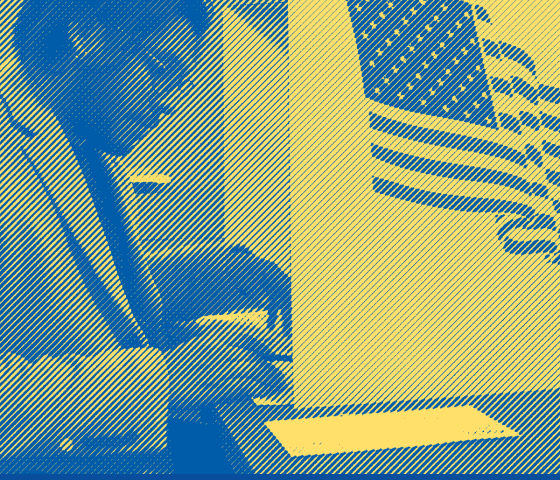Today 54 civil rights organizations and community service providers, including the ACLU of Iowa, have formally asked Gov. Kim Reynolds to authorize additional funding to prevent Iowans from being evicted from their homes.
Earlier this year, Gov. Reynolds created the $22 million Eviction and Foreclosure Prevention Program, which provided up to four months of rental payments to landlords on behalf of households struggling to pay rent due to the COVID-19 pandemic and resulting unemployment and drops in income. She then authorized an additional $9 million to the fund, which was quickly depleted. Now she is being asked to add more money to the fund and to commit to sustained efforts to prevent eviction, housing instability, and homelessness.
About one-third of all Iowa households are rentals, and pre-COVID, 28 percent of Iowa renter households were extremely low-income. And rent is now more difficult for many to pay as the state sees record increases in unemployment.
Black Iowans, notably Black women, are especially hard-hit. Between 2012 and 2016, Black renters in Iowa were on average 4.8 times more likely than white renters to have evictions filed against them. Additionally, Black women renters were 5.5 times more likely to have evictions filed against them than white renters.
Communities of color, including many immigrant and low-income families who cannot access public benefits, also continue to be disproportionately harmed.
Survivors of domestic violence, sexual assault, and gender-based violence are disproportionately affected too. That's because survivors who are in the process of rebuilding their lives don't have the financial resources to weather job loss and the economic challenges of the COVID-19 crisis.
Given the significant personal and public cost of eviction, we’re calling for specific actions in the short-term to prevent mass evictions in the midst of the pandemic:
- Add at least $80 million to Iowa’s eviction prevention fund to help families remain stably housed and help property owners avoid bankruptcy. An estimated 51,000 to 104,000 Iowa households are at risk of eviction. Providing two months of rental assistance at $800/month to the low estimate of Iowa households at risk of eviction (51,000) would require at least $80 million dollars.
- Prohibit assessment or collection of late fees or fines associated with late payment of rent.
- Prohibit retaliation against tenants seeking protection under eviction moratoria or applying for or receiving assistance through Iowa’s eviction prevention fund.
- Make the housing subgroup a permanent working group to the Governor’s Economic Recovery Advisory Board to recommend housing stability and affordable housing policies to address this growing crisis and to be included in economic growth strategies.
In the longer term, the state should:
- Require landlords to negotiate payment plans with tenants prior to filing eviction cases.
- Incentivize the creation of additional renters’ relief funds to cover back rent.
- Establish a right to free legal counsel to tenants facing eviction.
- Explore creative strategies to reduce barriers to affordable housing and ensure tenants understand housing rights.
All Iowans — regardless of their circumstances or background — should have access to safe, stable housing and utility services throughout this ongoing public health crisis.
